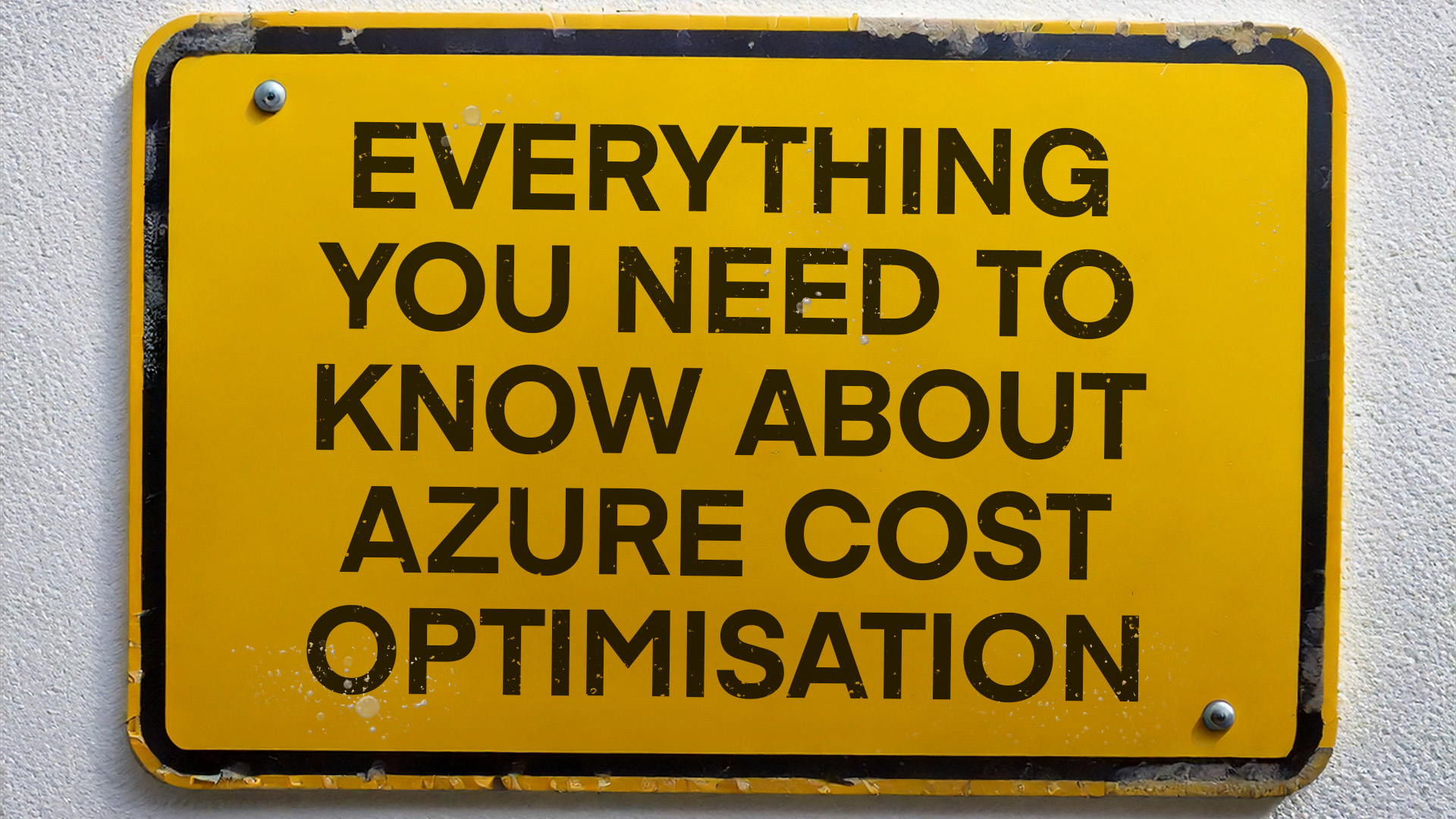We use cookies to ensure that we give you the best experience on our website. If you continue to use this site we will assume that you are happy with it.
How Safe is Your Information Stored in the Cloud?
Information stored in the cloud should be a key security concern for businesses. Data plays a bigger role in the running of a business than ever before, and the penalties associated with data breaches are increasing.
When making decisions about IT infrastructure, security concerns should play a role. When for example deciding to move from a physical, internal server to a remote cloud-based model, data-security concerns should play a key role.
Despite some common misconceptions about cloud security, private cloud environments are in many ways safer than their physical counterparts.

The new cyber-security threat
Company data and in particular, information that a company holds about its customers is incredibly valuable to cybercriminals. In certain parts of the ‘deep web’, criminals trade private information as freely as if it was soap powder.
Organisations which the Information Commissioner finds to be in breach of the Data Protection Act can face a fine of up to £500,000. In addition, companies which fall victim to a data breach can suffer huge reputational damages and the significant costs associated with lost business. They may also find themselves in trouble with the European data regulator.
But how do cybercriminals steal data?
Most common causes of a data breach
Pinning down the ‘cause’ of a data breach can be quite complicated, but it is possible to say that a large proportion of data breaches are caused by human or employee error. Weak passwords, insider attacks or inadvertently installing malware onto a computer – all of these things can lead to a cyber-attack.
Because cyber-crime is diffuse in nature, it is difficult to say whether some computing models are safer than others. However, the idea that because a server is hosted internally it is safer, is flawed. Two high-profile data breaches recorded in 2014, one on Sony and one on the American retailer Target happened to two companies that stored their data internally.
It is also a mistake to think that your business will not be targeted because it is not big enough to hold lots of valuable information. Cybercriminals will take whatever they can get their hands on.
Loss of data
There are a number of threats to company data aside from cyber-crime. Although the penalties for losing or inadvertently destroying data are not as harsh as for data breaches, they can severely disrupt normal business operations.
Other threats to data:
- Fire
- Server corruption
- Carelessness
If your business was struck by a fire you could not only lose your physical premises but also stand to lose precious data which you have collected over many years. Similarly, if a careless technician spills Red Bull over your physical server, he would be in big trouble.

How is Information stored in the Cloud?
Information Stored in the Cloud means it is stored in a high-end data centre and less likely to be lost or destroyed. These data centres are incredibly well managed and the technicians consider everything from flame retardation and physical security barriers to ambient temperature and general cleanliness.
Many clients who are thinking of migrating from in-house physical servers to a remote cloud-based system are sceptical about the move. They perceive themselves as having control over the system when it is in their vicinity. In reality, though, data is far more secure in a managed data centre than it is in the corner of your office. And it is just as easy to access.
To find out more about how information is stored in the cloud and our business managed cloud services, get in touch.



